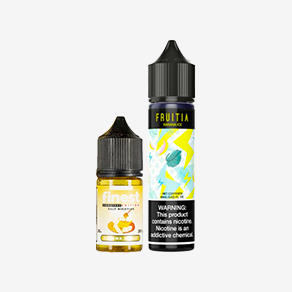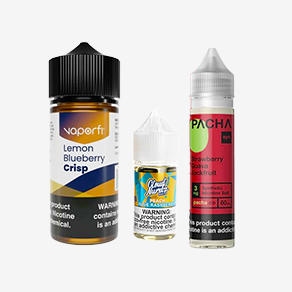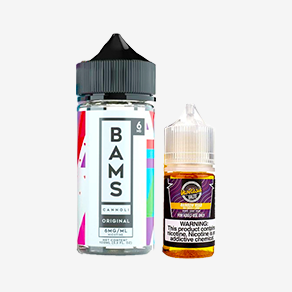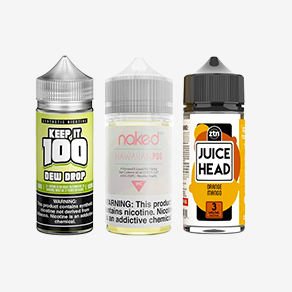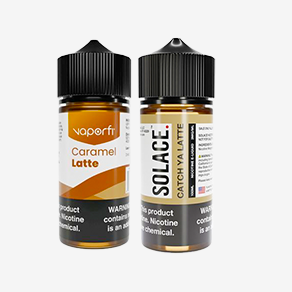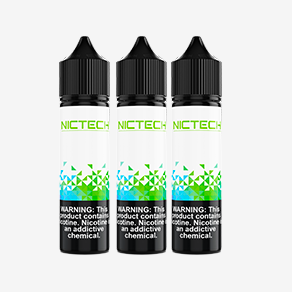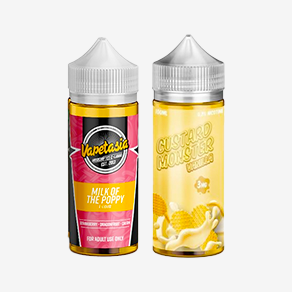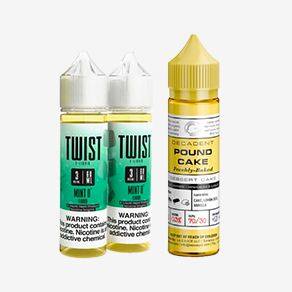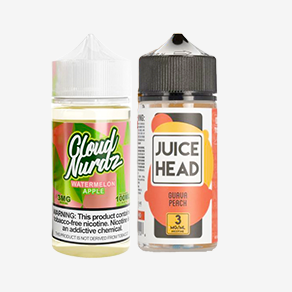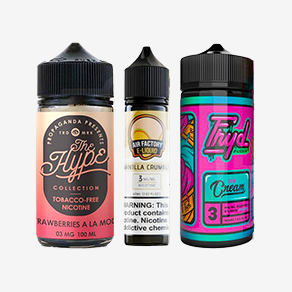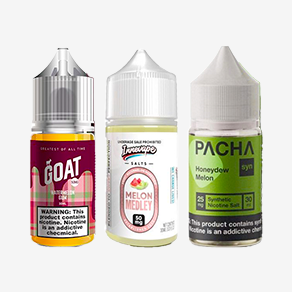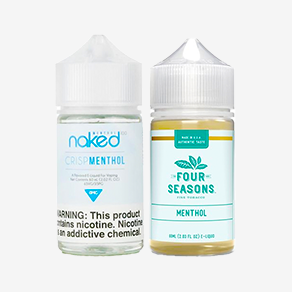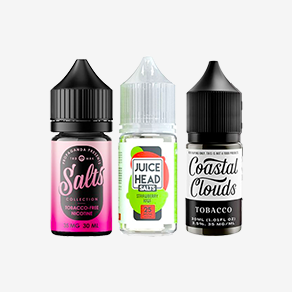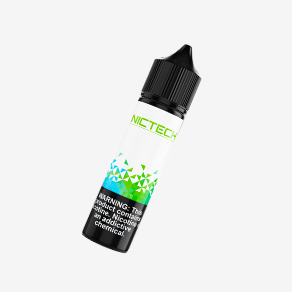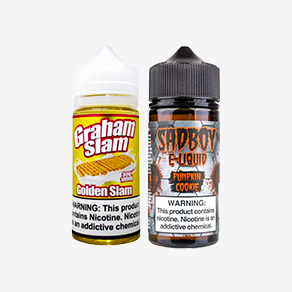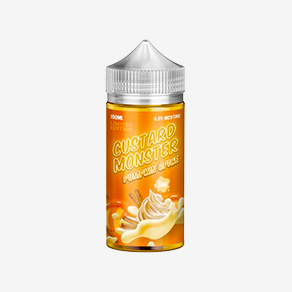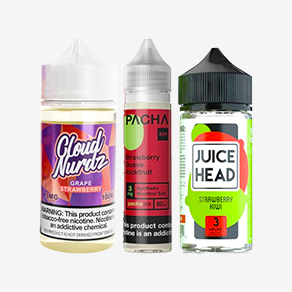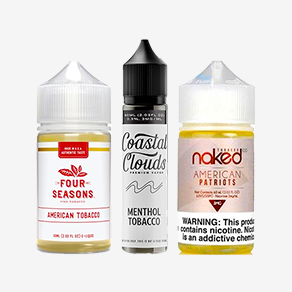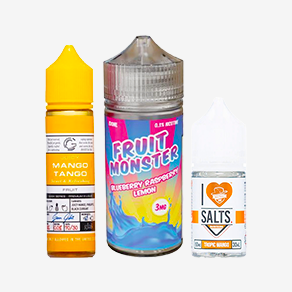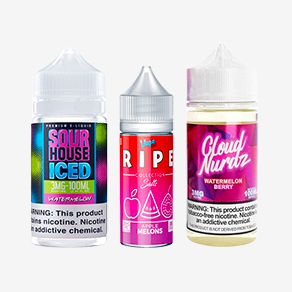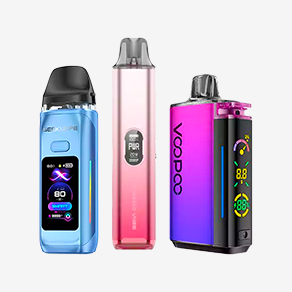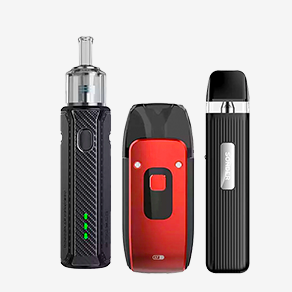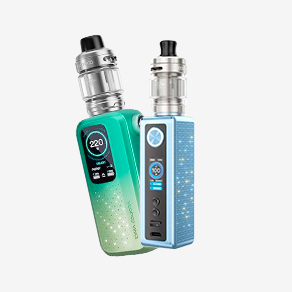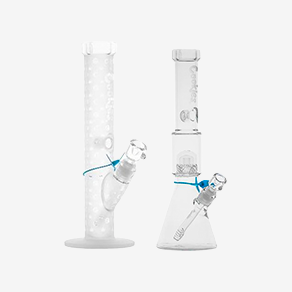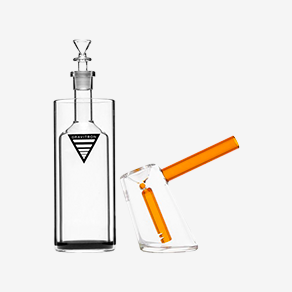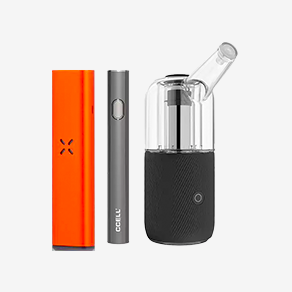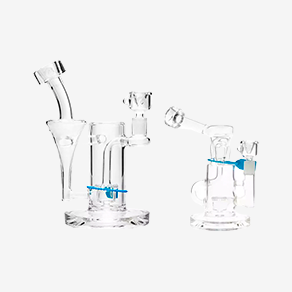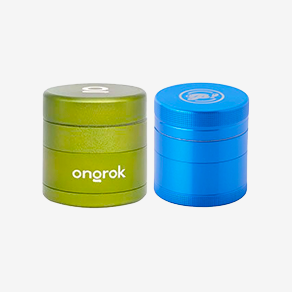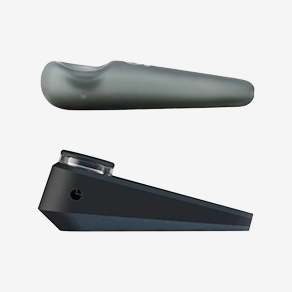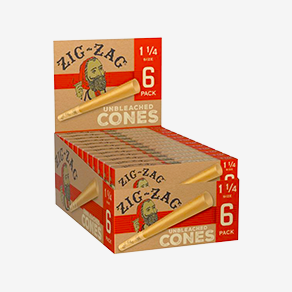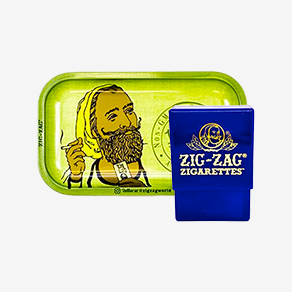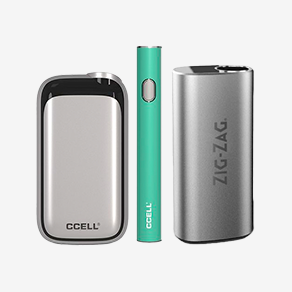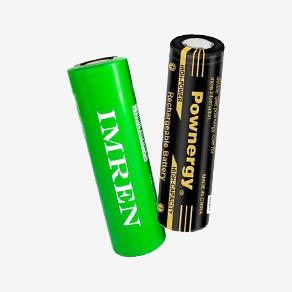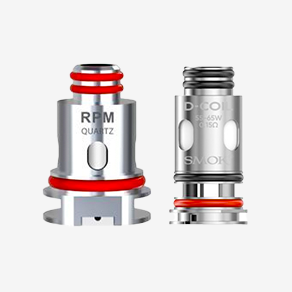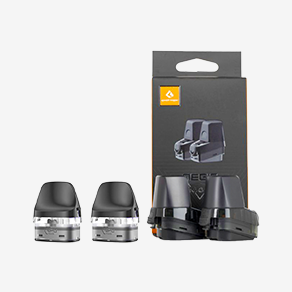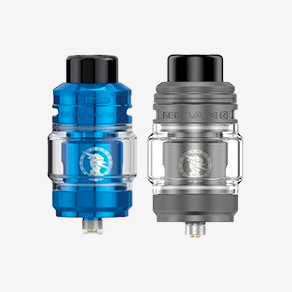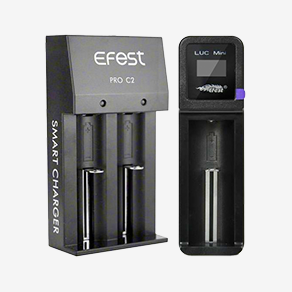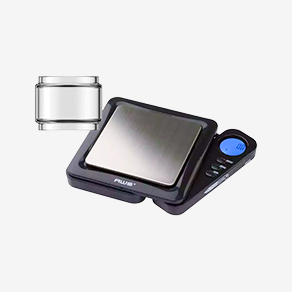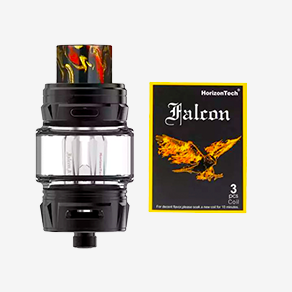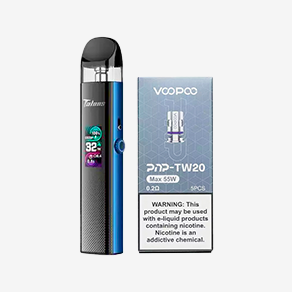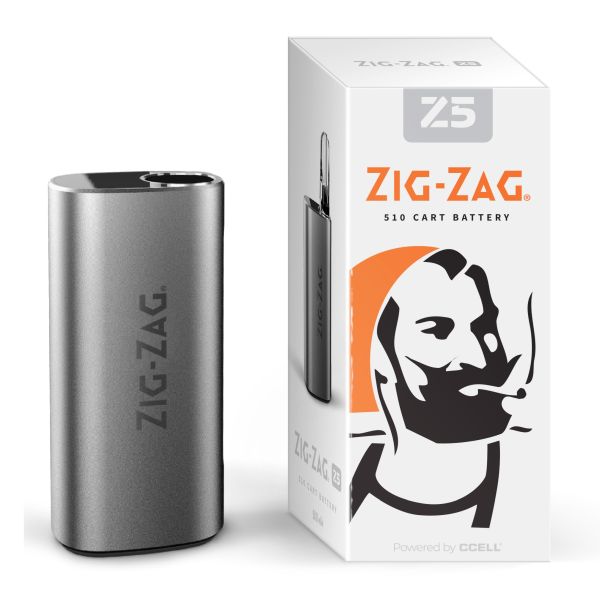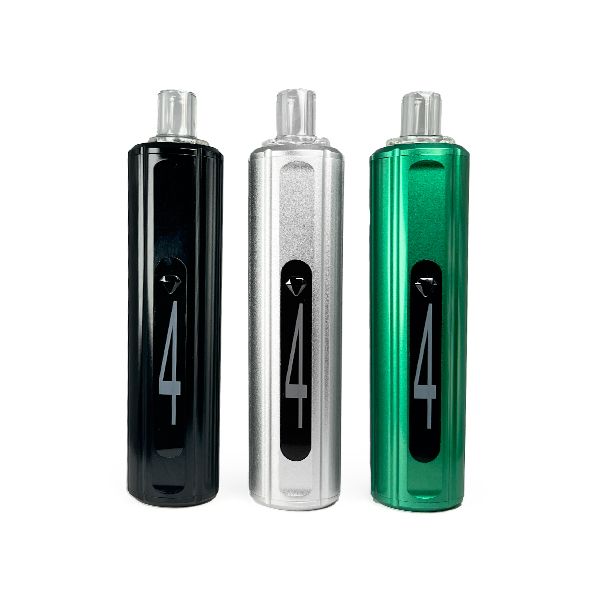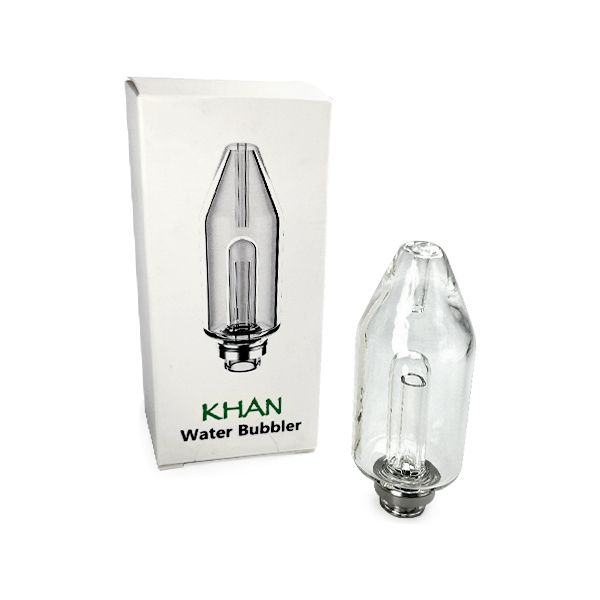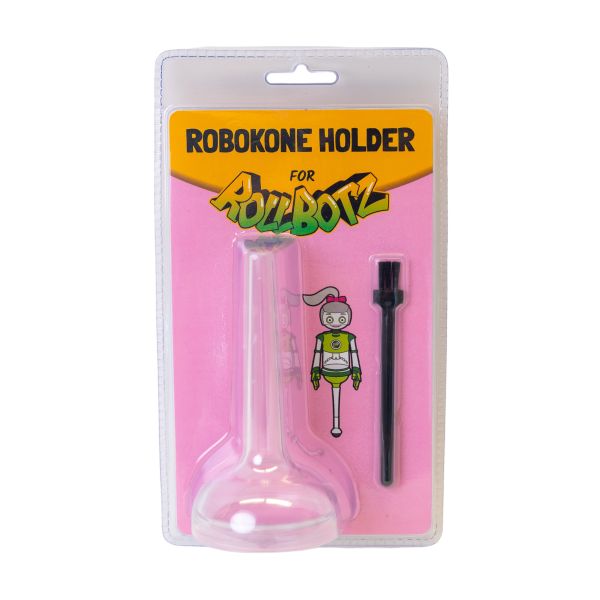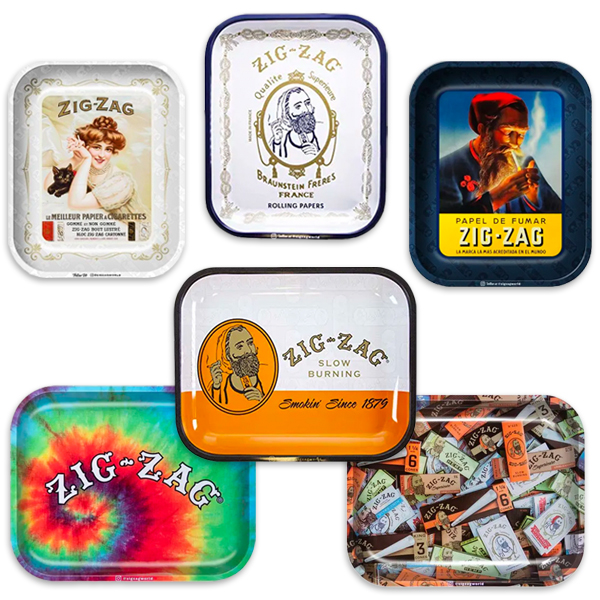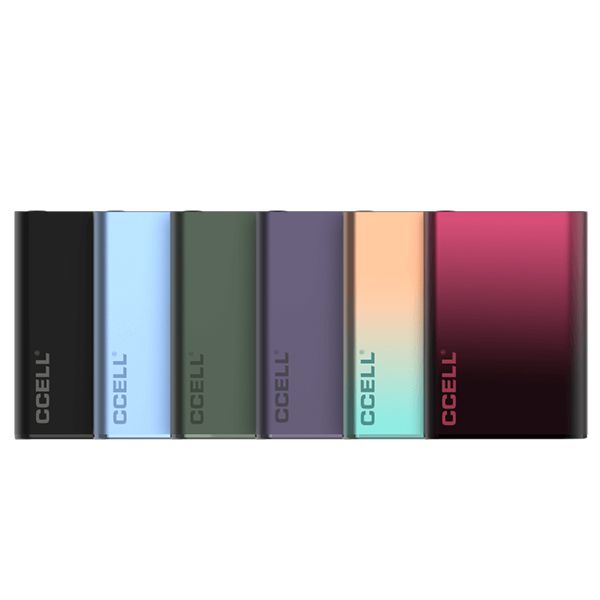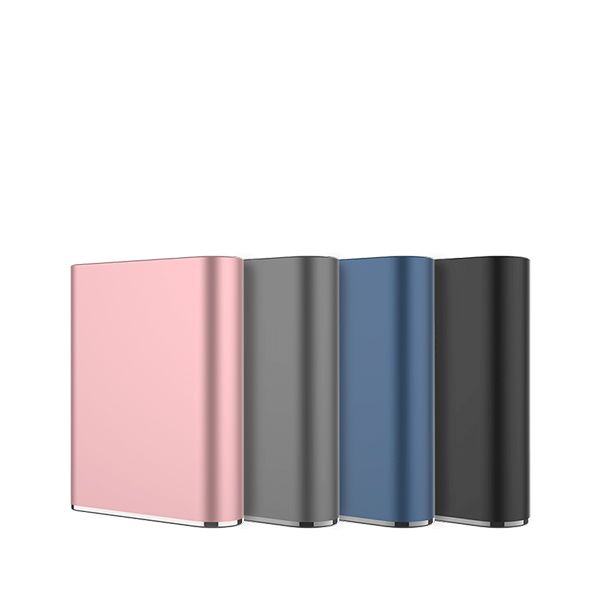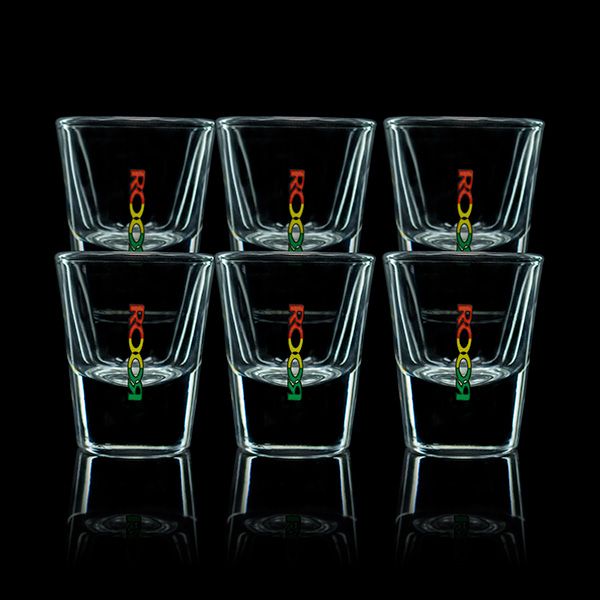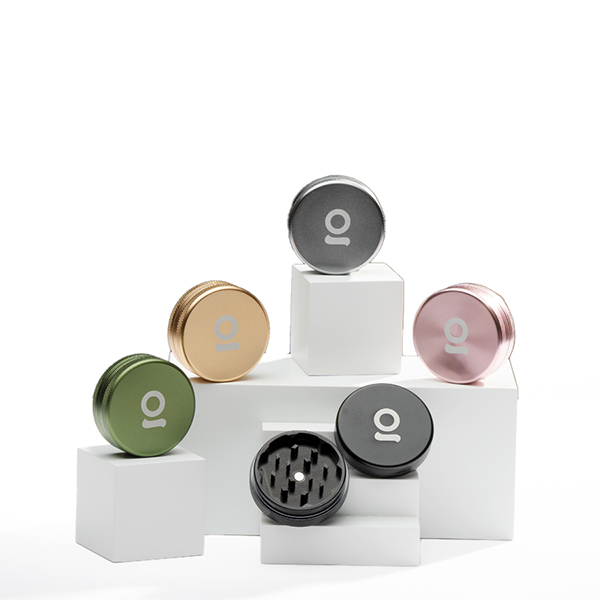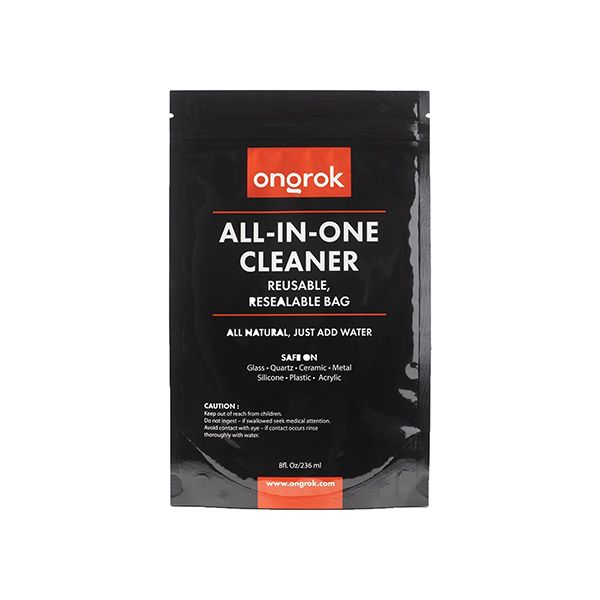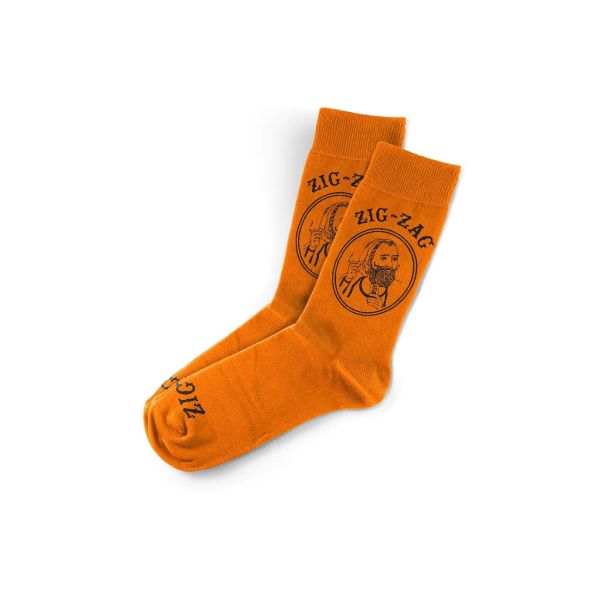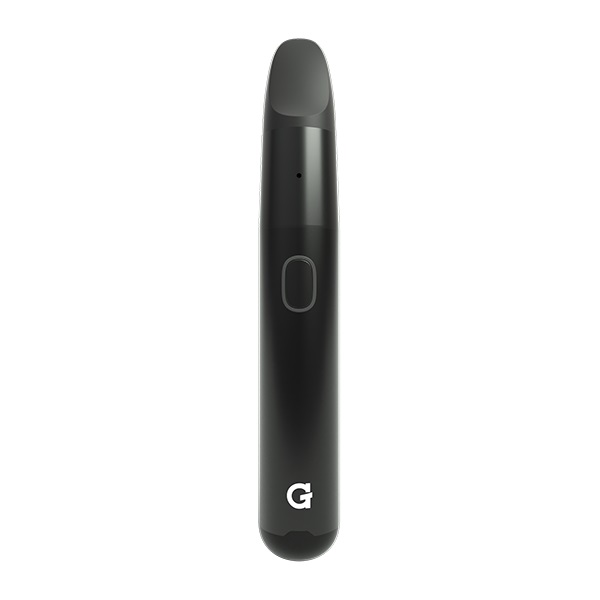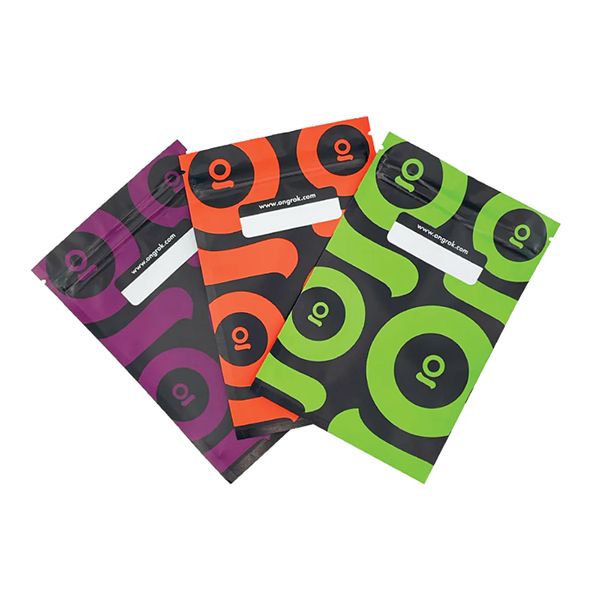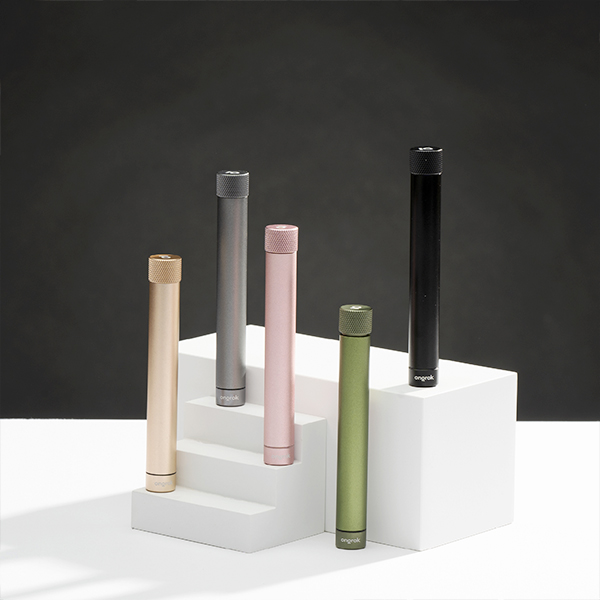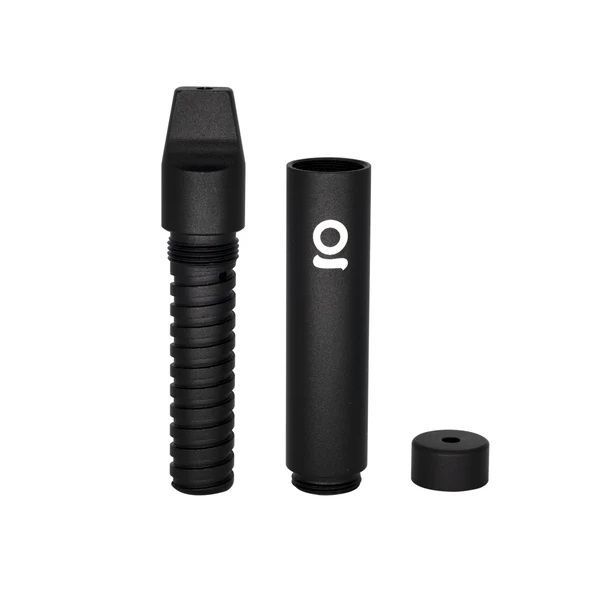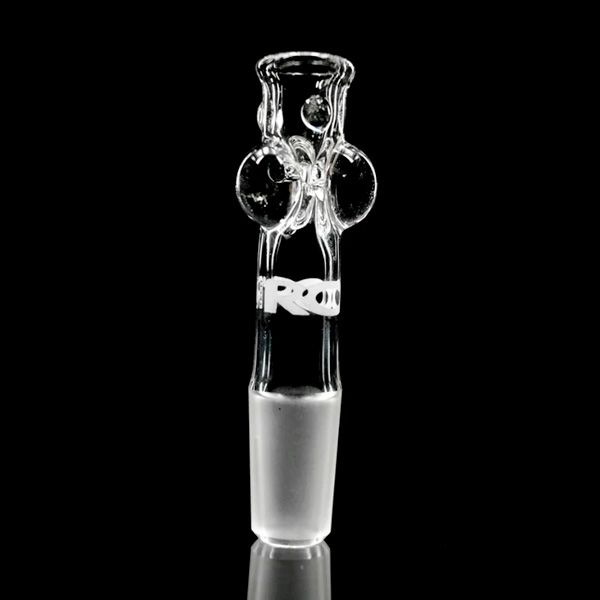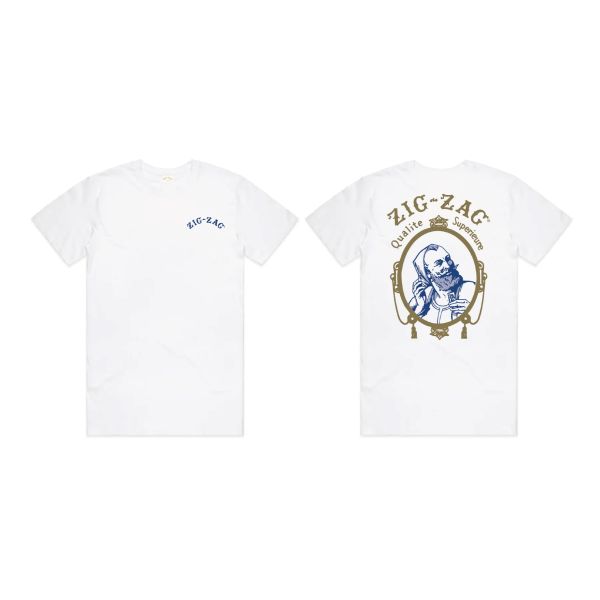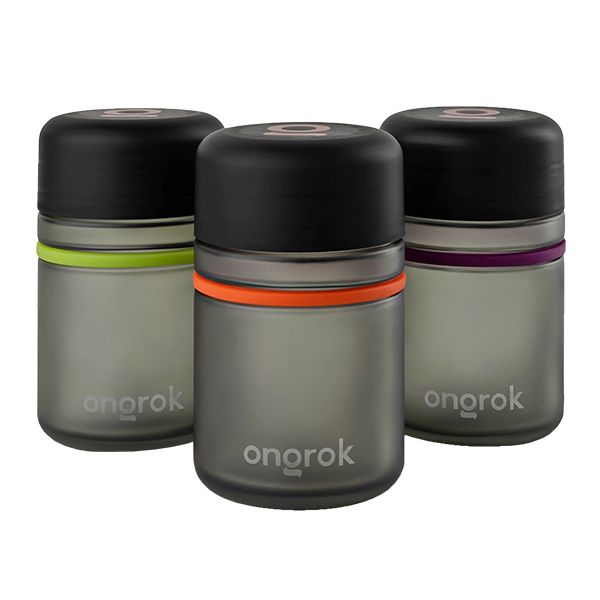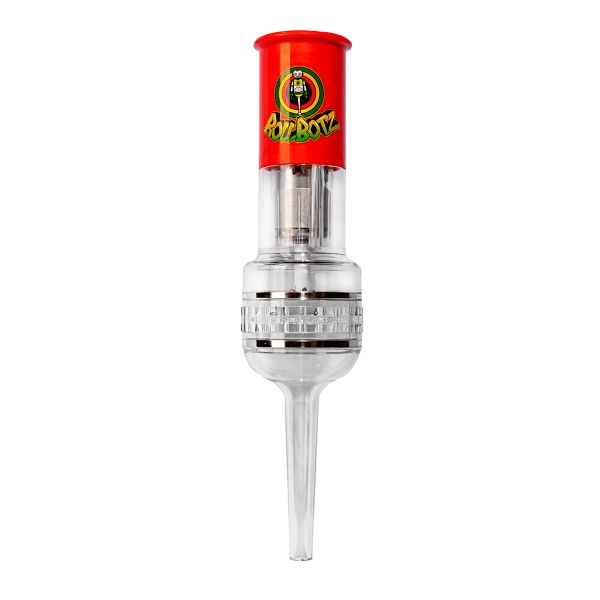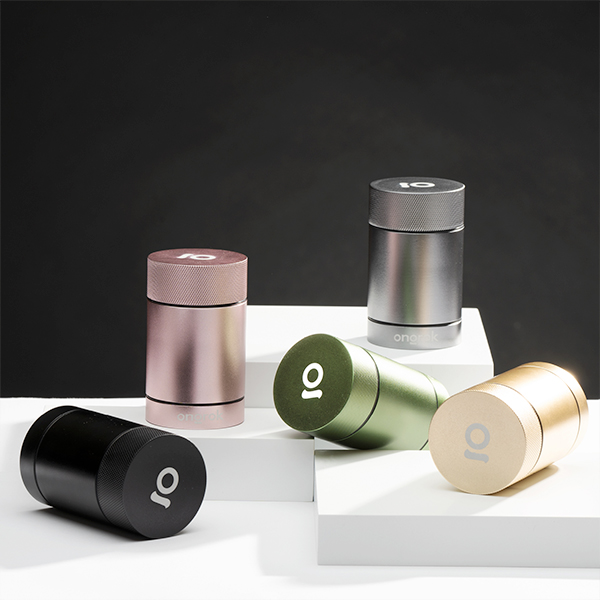Toke & Dab
Dab Devices in Our Online Smoke Shop
Discover a comprehensive range of high-quality dab devices at VaporFi’s Toke & Dab collection. As the best online head shop, VaporFi offers an extensive selection of dab devices designed to enhance your vaping experience with precision and ease. Whether you're a seasoned dabber or new to the scene, our collection features top-tier brands and models to suit every preference and budget. From sleek, portable designs to powerful, high-performance options, you’ll find everything you need to enjoy smooth and satisfying dabs.
Browse the Best Online Head Shop
VaporFi online head shop stands out as a premier destination for all your vaping and dabbing needs. Our dab store is stocked with the latest and greatest in dab pens, ensuring that you have access to cutting-edge technology and innovative features. Explore our online smoke shop to find not only dab pens but also a variety of pipes, water pipes, bubblers, and more. With competitive prices and exceptional customer service, VaporFi is your go-to source for the best dab pens online and all your dabbing essentials.
Frequently Asked Questions About Toke and Dab Devices
VaporFi is committed to providing top-tier dab devices and accessories. Our carefully curated collection includes only reliable and high-quality products from trusted manufacturers, making us a trusted destination for those seeking the best online head shop experience.
Our collection features a variety of dab devices, including electric dab rigs, portable vaporizers, and torches. Each product is designed to deliver optimal performance and an enhanced dabbing experience.
VaporFi stands out as an online smoke shop thanks to our focus on quality, variety, and customer satisfaction. We offer everything you need for a superior smoking and dabbing experience, all in one convenient location.
Yes! Many dab devices in our Toke and Dab Collection are designed with user-friendly features, making them suitable for beginners. We also provide detailed product descriptions to help you choose the right device for your experience level.
Look for a dab store that prioritizes quality, variety, and customer service. VaporFi offers a wide selection of dab devices, accessories, and tools, making us a trusted destination for all your dabbing needs.
Dab devices are specialized tools used for consuming concentrates, waxes, or oils through a process called dabbing. These devices include equipment like dab rigs, electric dab rigs, and portable vaporizers. Dab devices heat concentrates to a high temperature, turning them into vapor for inhalation. At VaporFi, our Toke and Dab Collection offers a wide variety of high-quality dab devices designed to deliver smooth, flavorful hits.
Dabbing and vaping both involve inhaling vapor, but they differ in the materials and devices used. Dabbing uses concentrated substances, such as waxes or oils, heated with dab devices like rigs or vaporizers. Vaping, on the other hand, typically involves e-liquids or dry herbs heated with vape pens or mods. Dabbing generally produces more intense effects due to the higher potency of concentrates, while vaping offers a milder, more versatile experience. VaporFi’s Toke and Dab Collection has the tools you need for both methods.


By entering this website, you agree that you're of legal age in your state to purchase electronic cigarette products.
